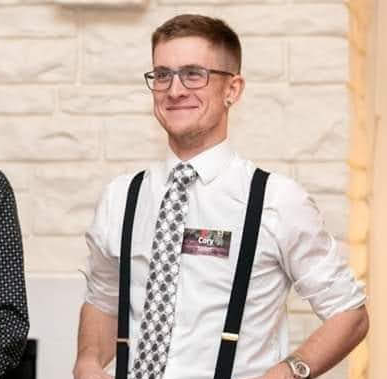General Information
Course Links
Class Tools
Assignments & Announcements
A link to each course specific material can be found above.
Grades, Attendance, & General SELSD Updates
A link to Focus can be found above.
Online Resources
Free personalized learning resource.
I highly recommend the use of this resource.
Free problem solving toolset and graphing utility.
(This resource is now allowed on various standardized tests.)
Free problem solving toolset and graphing utility.
Free digital manipulatives, learning resource, and problem solving toolset
Free 3D modeling, electrical, and coding design application through Autodesk.
Grading Policy
All graded courses will follow the below template.
Late work will be accepted, however, a half credit penalty will be applied.
Completed homework can be turned in physically during class, via email, or by Google Classroom.
Work Categories | Weighted Contribution |
|---|---|
AP - Attendance/Participation | 10% |
This will be reported two times per quarter: once at the mid-marking period and once at the end of the marking period. The rubric is as follows, each is measured on a 2, 1, 0 scale (Fully, Partially, or Limited):
| |
CW - Classwork (Dependent-Open) | 15% |
Graded for completion and correctness. Students must show their complete work and clearly identify their final answer to earn full credit. Notes will be graded on completeness and organization. | |
HW - Homework (Independent-Open) | 15% |
Graded for completion/correctness. Students must show their complete work and clearly identify their final answer to earn full credit. | |
AC - Activities (Dependent-Closed) | 15% |
Graded for completion/correctness. Students must show their complete work and clearly identify their final answer to earn full credit. Students must make an identifiable effort to discuss the content with their classmates and work effectively alongside a team to earn full credit. | |
QZ - Quizzes (Independent-Closed) | 15% |
Testing of one or a few related skills, knowledges, or abilities; they are graded for correctness. Students must show all work and and their final answer to questions to earn full credit. | |
TS - Tests (Independent-Closed) | 20% |
Testing a related set of various skills, knowledge, or abilities; they are graded for correctness. Students must show their complete work and clearly identify their final answer to earn full credit. | |
PJ - Projects (Independent-Closed) | 10% |
Students must a present their critical approach to solving a non-trivial question or set of questions. A clear train of thought and conclusion (answer) must be presented in an organized and complete manner to earn full credit. | |
Total | 100% |
Geogebra - Triangle Inequality Theorem
Be creative, be curious, ask questions.

